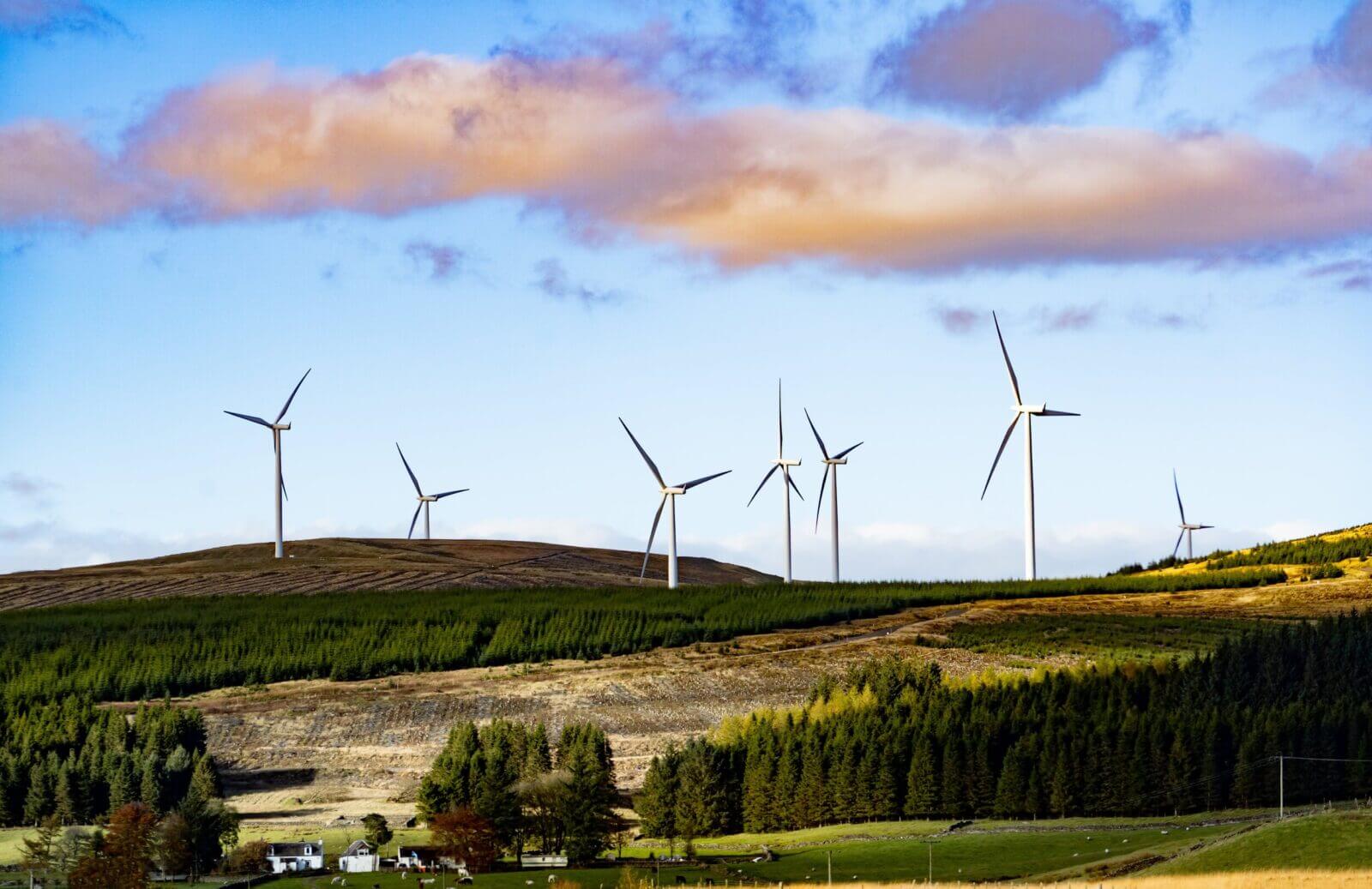November 13, 2024 Alex Bannon
Navigating REGOs: What are they, and are they good for businesses?

Renewable Energy Guarantees of Origin (REGOs) are certificates that are issued by Ofgem to generators of renewable electricity for each megawatt hour (MWh) that is generated. They can serve as proof that the electricity sold by generators to suppliers is “green” and therefore used by suppliers and business consumers to back up their renewable claims.
This is becoming increasingly important for businesses in the shift to Net Zero, as they can be assured that they are aligned with their carbon goals.
What goes into a REGO?
When entering a REGO-backed contract, the energy itself isn’t necessarily renewable. It simply means that the supplier has purchased REGO certificates to effectively pair wholesale electricity with electricity that was generated from a renewable source at some stage.
For traceable renewable electricity, a Power Purchase Agreement (PPA) can be used. This is a long-term contract between the supplier and a renewable generator. When the generator sells to the supplier under this arrangement, the electricity is supplied with its associated REGO certificate. These are known as bundled REGOs and allows for “pure green” electricity supply. This can then be mirrored from the supplier to a consumer to provide authentication throughout the supply chain.
As a result of the decoupling between renewable electricity and REGOs, the certificates are traded on a secondary market, like the way electricity itself is traded. This means the price of the certificates fluctuates depending on supply and demand.
At the inception of the scheme, REGOs started at £0.20/certificate (around March 2020) but rose to as high as £23.50/certificate in 2023 (11,650% increase). The significant increase in REGO prices was initially sparked by Brexit, as the mutual agreement between the EU and UK on the certificates ended and 70 to 80 TWh of EU certificates were removed from the UK market.
Any accredited generators of eligible renewable energy sources can apply to receive REGO certificates under the scheme. This accreditation, provided by Ofgem, confirms that the generator meets the technical and legal requirements to be considered a renewable generator. The eligible sources include wind, solar, hydro, biomass, marine, landfill gas and sewage gas.
Are there any downsides to REGOs?
As previously mentioned, REGOs are a great way for businesses to link the electricity they use with a certain amount of electricity that was generated from a renewable source. As REGOs are given per MWh generated, it is straightforward for businesses to quantify their progress towards Net Zero.
However, the scheme has come under heavy criticism due to concerns surrounding “greenwashing” – a term associated with misleading messaging from businesses, leading consumers to believe their operations are more environmentally friendly than they are.
The REGO criticism has stemmed from the fact that the REGO certificates are not tied to the original renewable energy that was generated. This is something that is not always made clear to consumers.
For example, a consumer may believe that the electricity they use is purely green, but on days of low wind/solar, a significant portion of this electricity will come from fossil fuels, despite being sold a green tariff with REGOs. As a result, two major energy suppliers have stepped away from the REGO scheme, calling for a scheme with renewable energy that is directly linked to renewable sources.
The problem with REGOs is there is no distinction between an unbundled REGO (i.e. bought independently of the renewable energy) and a bundled REGO (purchased alongside the related renewable energy). Typically, we would consider bundled REGOs to be a more genuine method of purchasing renewable energy.
The REGO source is also another key consideration point. REGOs sourced for an energy supply contract may come from a mix of generation sources, including biomass along with natural renewables, such as wind, hydro and solar. Many suppliers will offer enhanced products providing REGOs from a specific generation source. There is even an option to source REGOs from a specific region (e.g. from Wales only).
One of the latest innovations within the sector is the concept of time-based REGO matching. This is where demand volume is matched with the power procured from the renewable generator on a half hourly or hourly basis, whereas historically, REGOs have only been matched on an annual basis. This provides an additional layer of granularity when it comes to a customer’s carbon impact.
This will provide greater matching between energy generation and use but is also likely to drive greater price variance as there will be periods where the market is very under-supplied with renewable energy for the demand.
If you are interested in discussing solutions surrounding your transition to Net Zero, please get in touch. We have a range of solutions which can help you meet your goals.